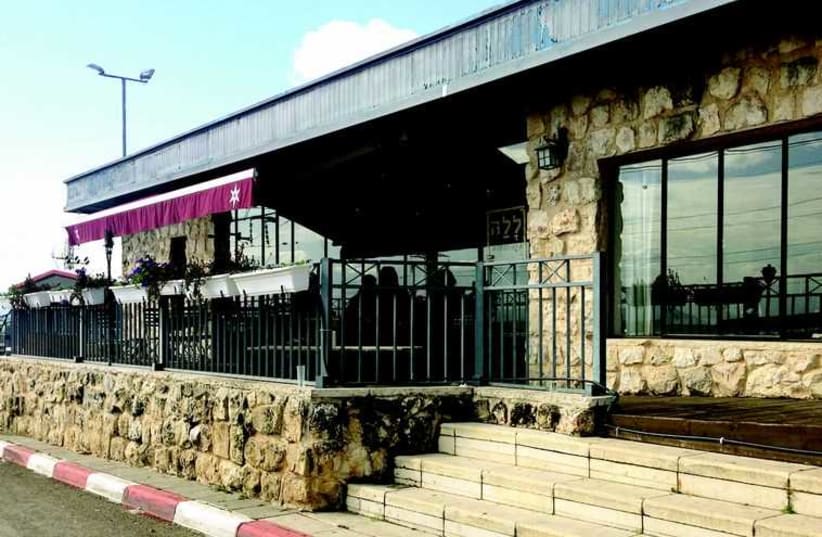Netanyahu on Iran deal: Israel not ‘burying head,’ will do what is needed to secure its future
“The biggest threat to our security and future was and remains Iran's attempt to arm with nuclear weapons,” he said. “The agreement being put together at Lausanne is paving the way for that result.”
